Prepping isn’t just for doomsday preppers anymore; if the unthinkable happens, there are skills that could make the difference between thriving and just surviving. Empty shelves and rising prices would be a dystopian nightmare, but only if you weren’t prepared. Take a look at the 19 crucial abilities you need to master before a crisis hits.
Gardening
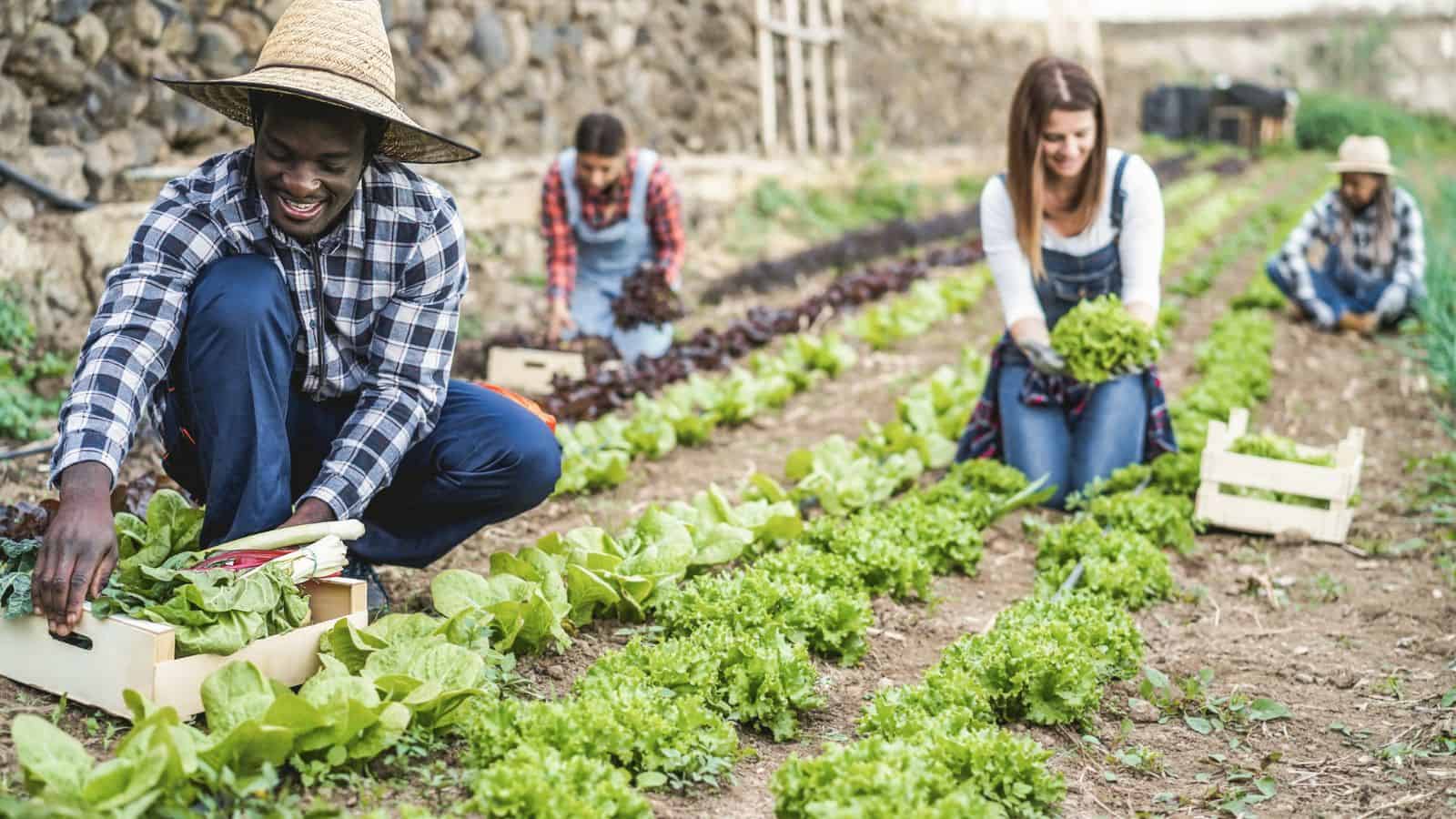
Cultivating a green thumb isn’t just a hobby; it’s a lifeline in uncertain times. Your backyard, or even a humble balcony, could become your most valuable asset. On top of that, Science Direct states there is a “significant amount of evidence highlighting the health, wellbeing, and social benefits of gardening during previous periods of crises.” So great for heart, health, and wealth!
Canning
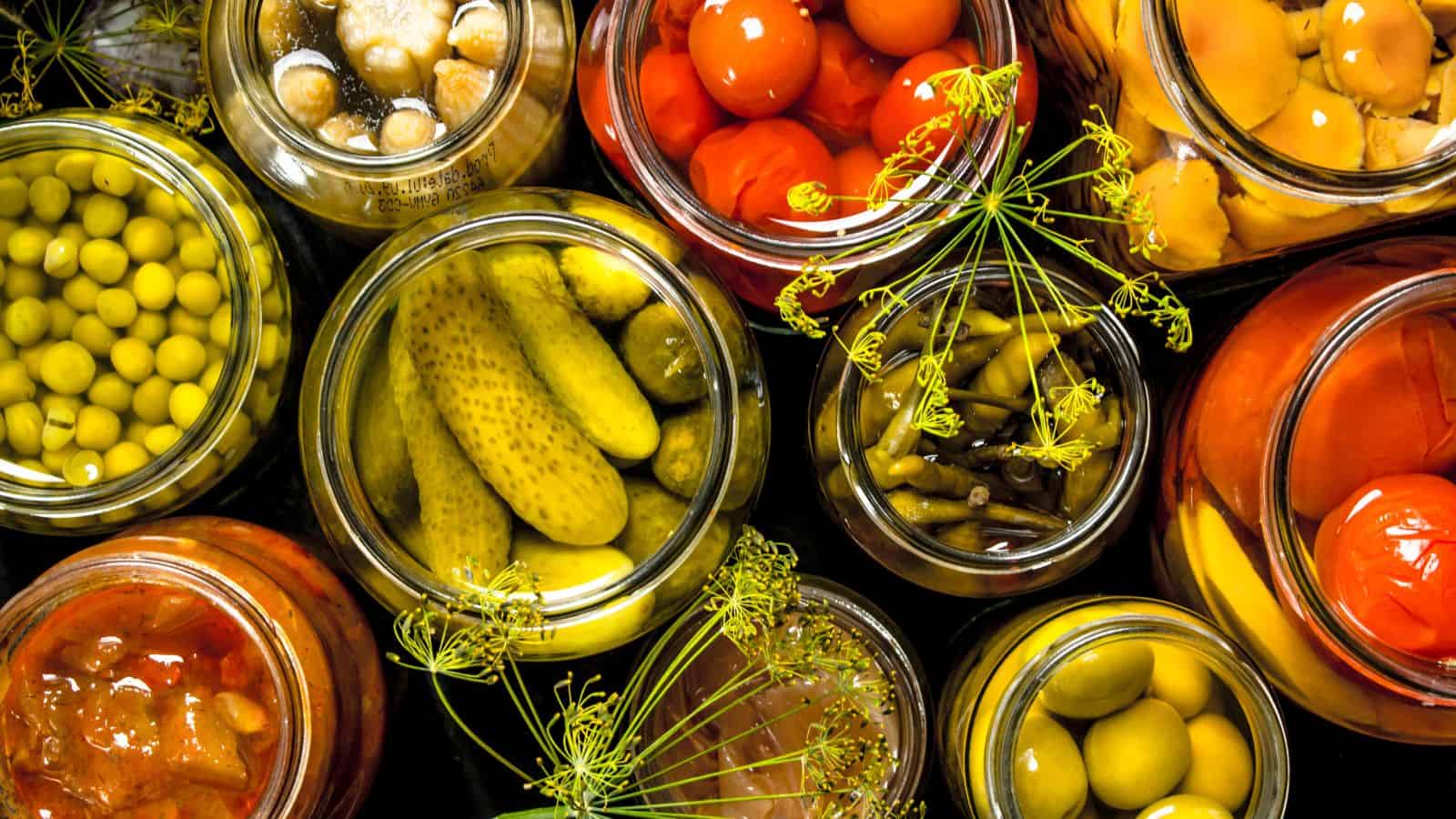
Transform your garden’s bounty into a pantry full of possibilities. By preserving fruits and vegetables at their peak freshness, you create a reliable food source that extends far beyond the growing season. Learning to can ensures you have delicious and nutritious meals on hand, even when fresh produce is scarce.
Fishing
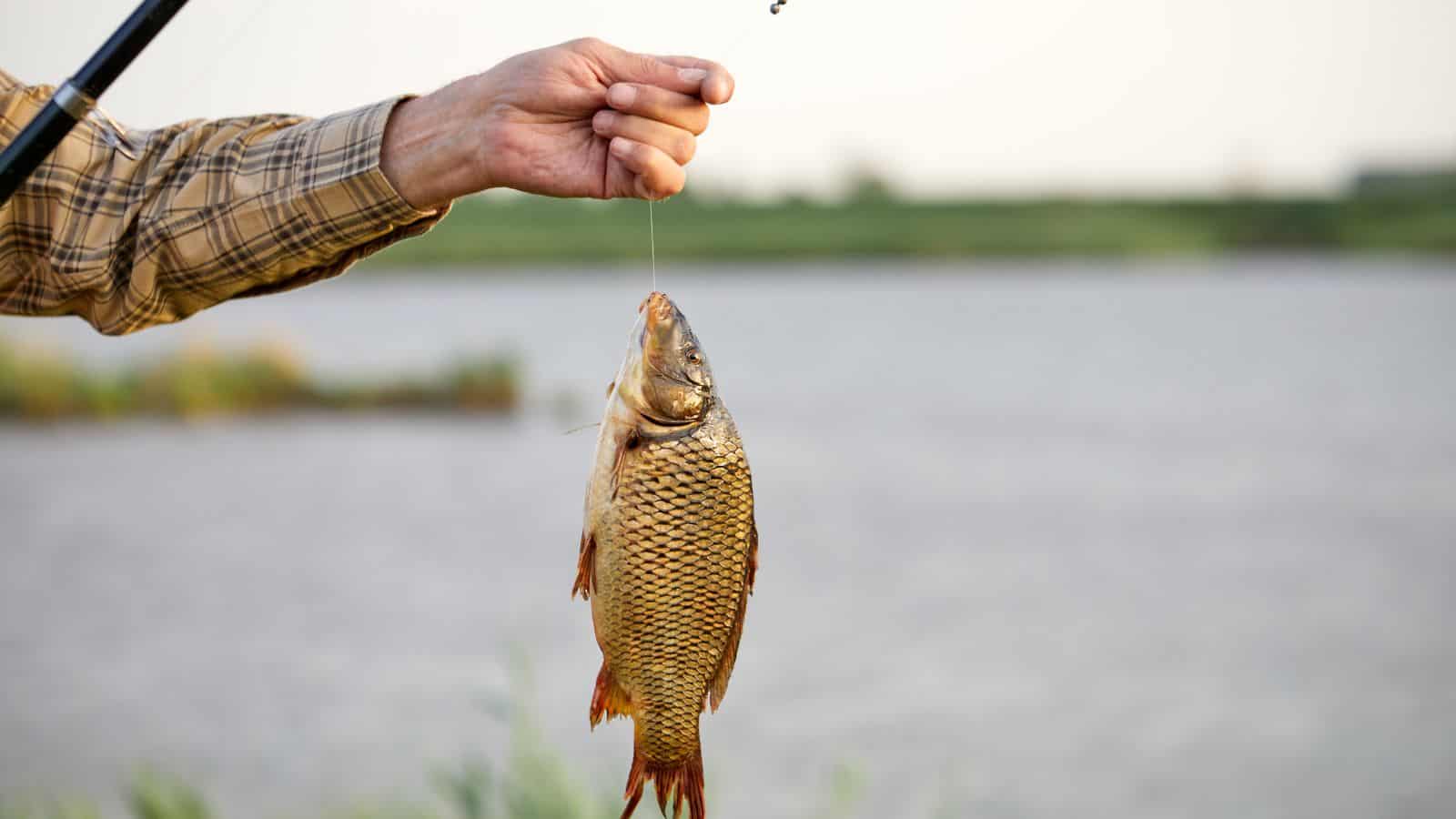
Casting a line and reeling in a dinner provides a decent source of protein and essential nutrients. Learning to identify different species, understand their habits, and master various fishing techniques can turn any body of water into a sustainable food source, whether you’re casting from a riverbank or dropping a line from a pier.
Foraging
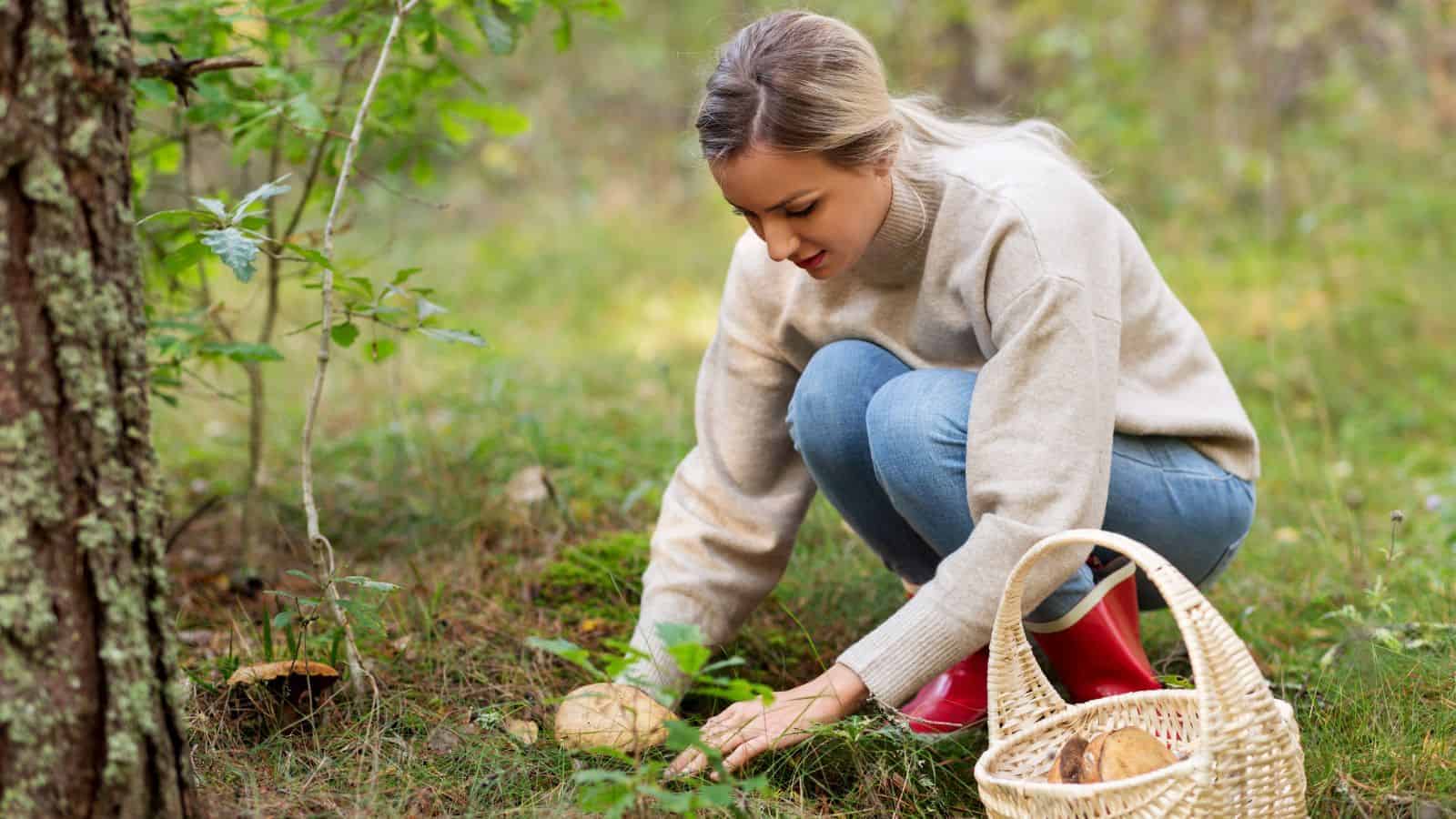
Unlocking the secrets of foraging turns your local landscape into a veritable grocery store. Learning to forage not only expands your culinary repertoire but also deepens your connection to nature and the seasons. The Conversation says, “There are clear benefits to wild harvesting in the modern world.”
Hunting

While it might not be for everyone, honing your hunting skills can become a valuable asset in a world where food supplies dwindle. Responsible and ethical hunting offers a way to provide lean protein, tapping into a tradition that has sustained humans for centuries and creating an understanding of the delicate balance between predator and prey.
Community Skills

In times of hardship, the strength of a community becomes paramount. Nurturing community skills like collaboration, communication, and conflict resolution can make the difference between struggling in isolation and thriving together. Learning to share resources and support one another creates a resilient network.
Navigation
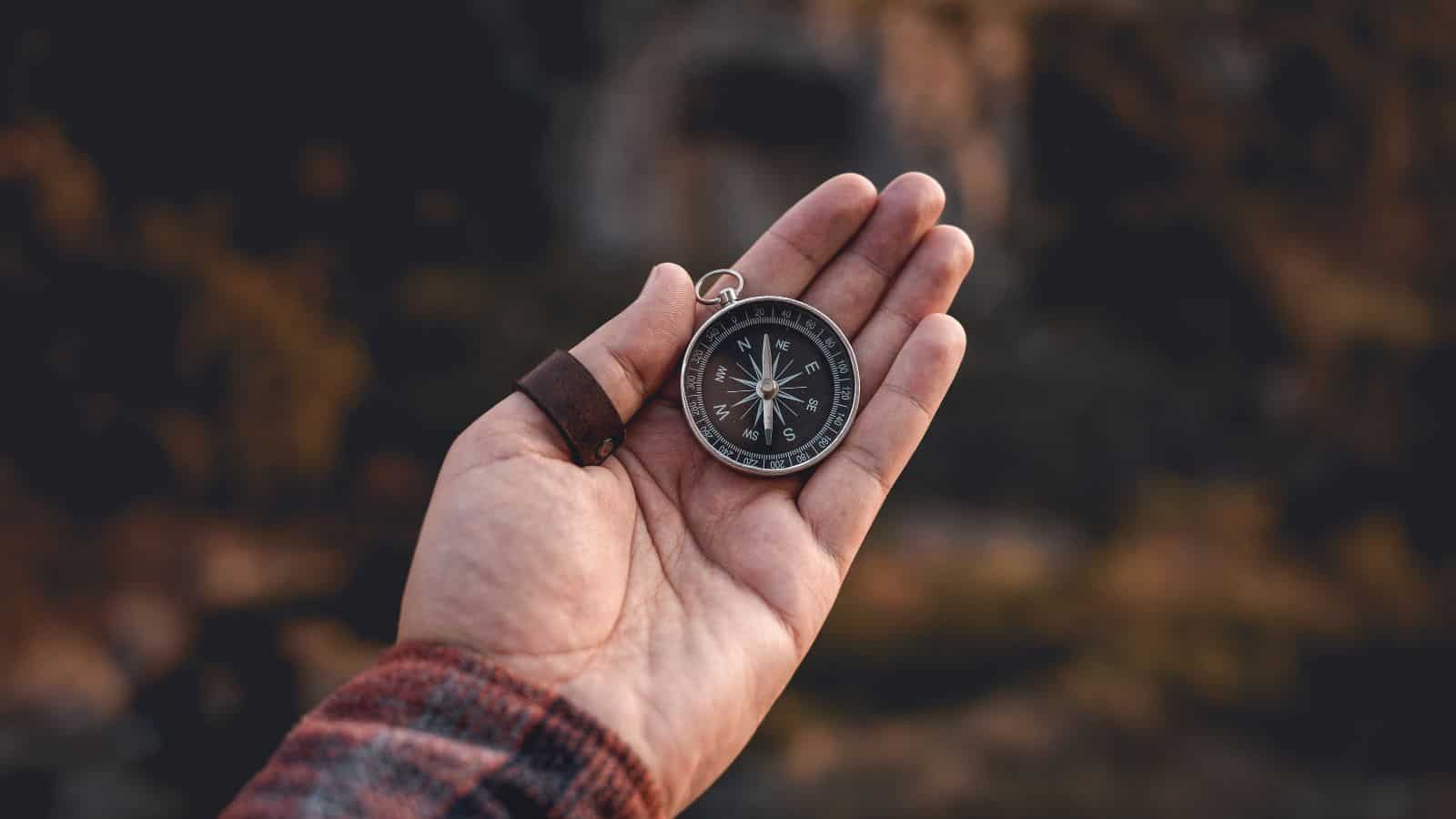
In a situation where there’s a food shortage, staying put might not be the safest option. Finding new sources of sustenance could mean venturing into unfamiliar territories, where navigation skills become crucial. Whether you’re foraging through forests or seeking fertile land to cultivate crops, knowing how to navigate saves you and your tribe from being hopelessly lost.
Livestock Handling
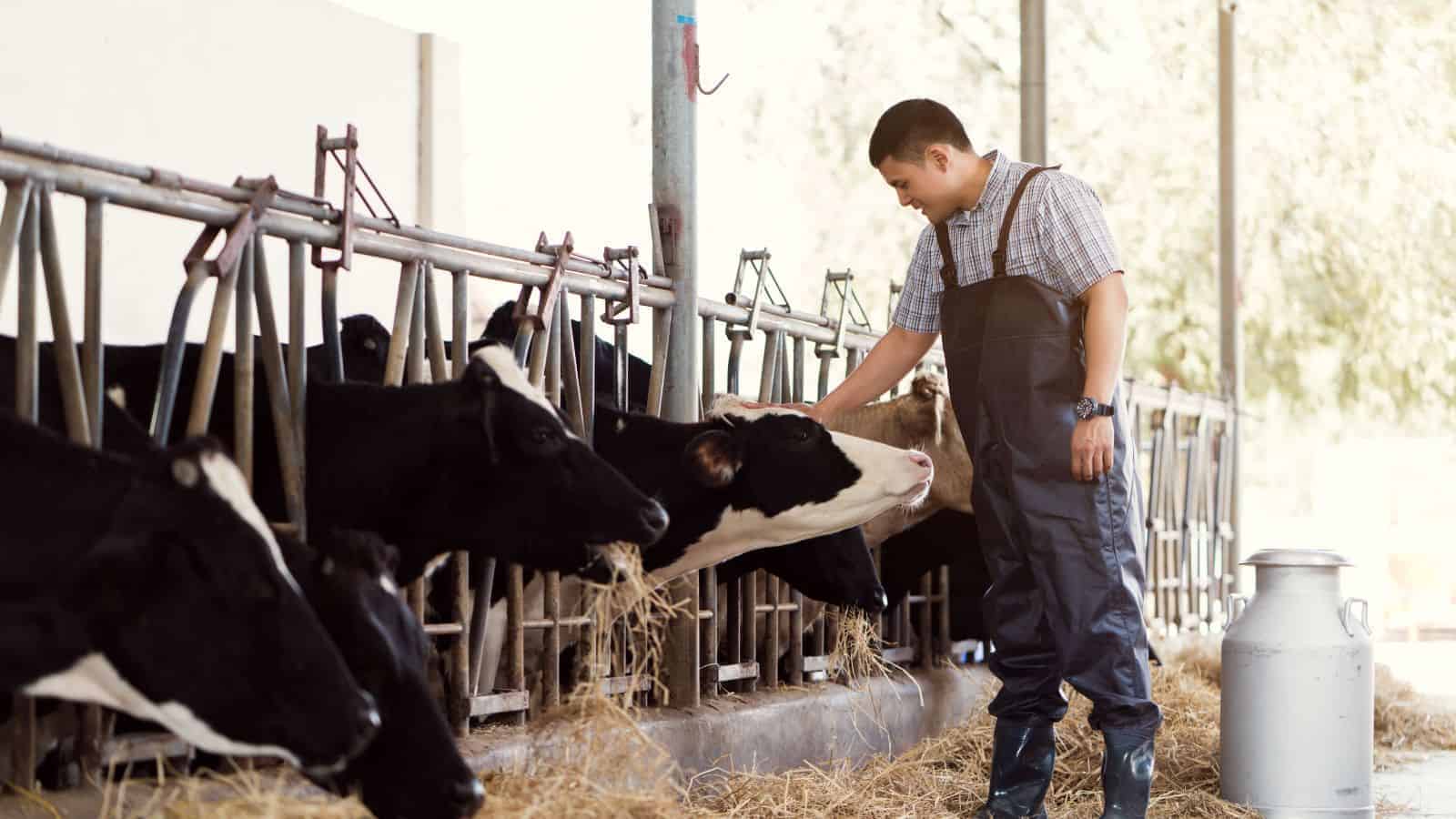
Having a basic understanding of livestock handling is a valuable asset. Learning how to care for chickens, goats, and cattle can provide a sustainable source of eggs, milk, and meat. Understanding their needs, behaviors, and health requirements not only ensures their well-being but also empowers you to raise your own food sources.
Resourceful Cooking

With limited food ingredients available, you would need to think outside the box and conjure up recipes with the limited resources on hand. So sharpen your spontaneous cooking skills and practice making meals from limited and random ingredients in your fridge and pantry. You never know; one day you might thank yourself for it.
Water Collection
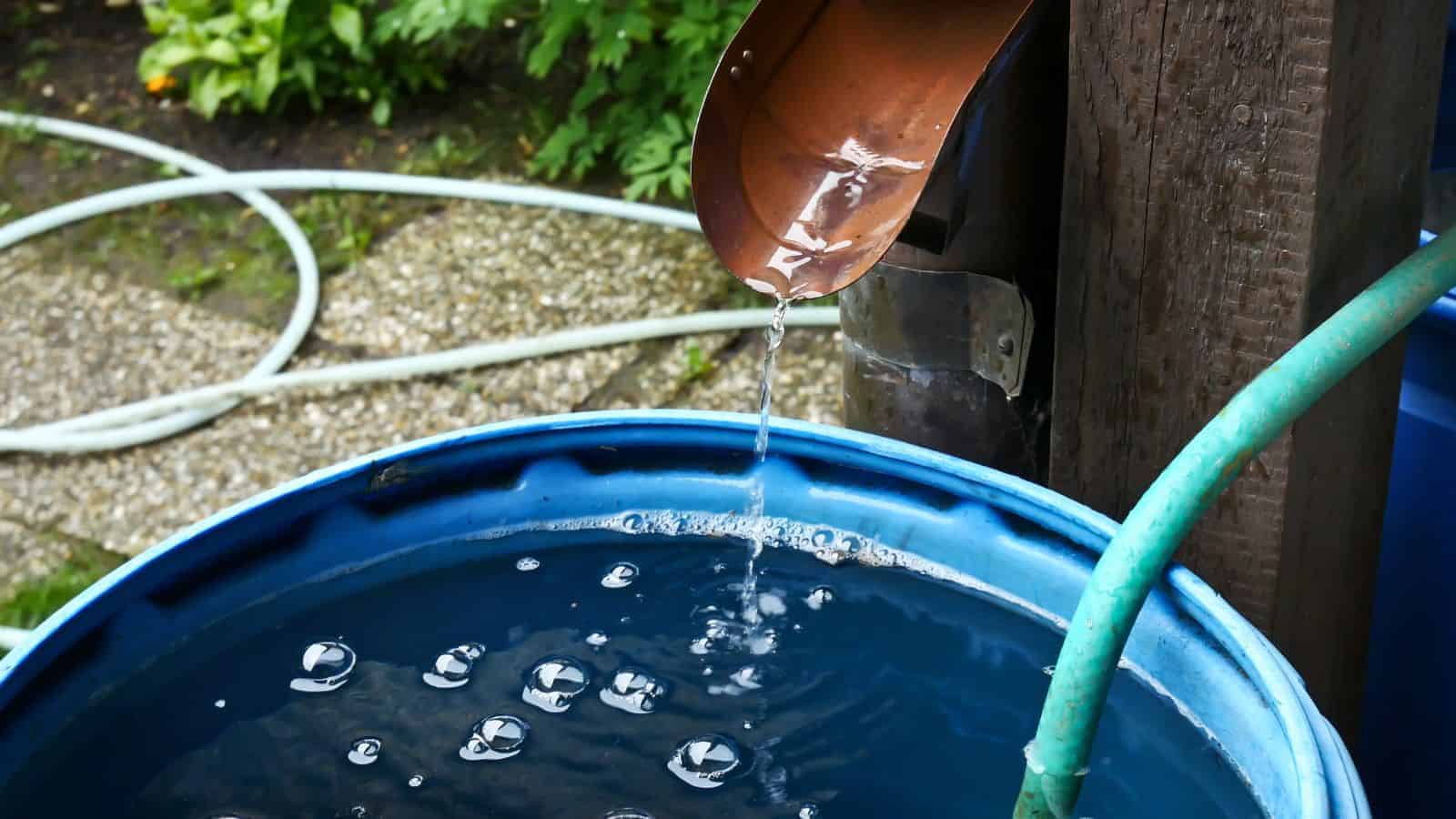
Learning to identify natural water sources, construct basic rainwater collection systems, and utilize purification methods like boiling or filtering can ensure you have access to this vital resource. Time reports that “in recent years, state after state has legalized the practice—owing to a growing recognition that collected water can be safely used with filtration.”
Trading
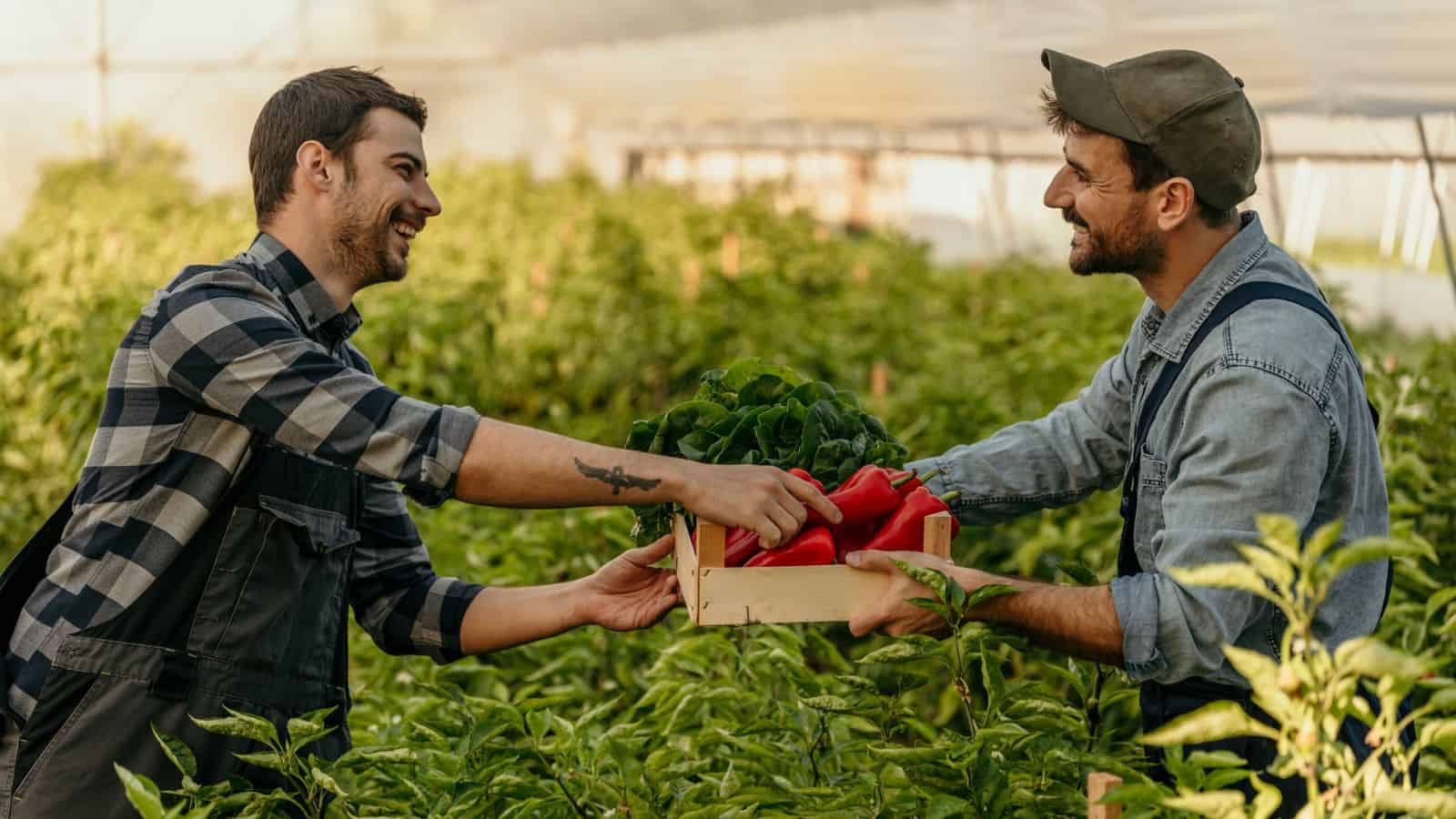
Bartering and trading with others will be essential skills you will need to master. Trading goods and services based on mutual need and value can create a network of trust and dependency on working together. By developing the ability to negotiate, you can ensure that essential needs are met, even if traditional currencies become less reliable.
Composting
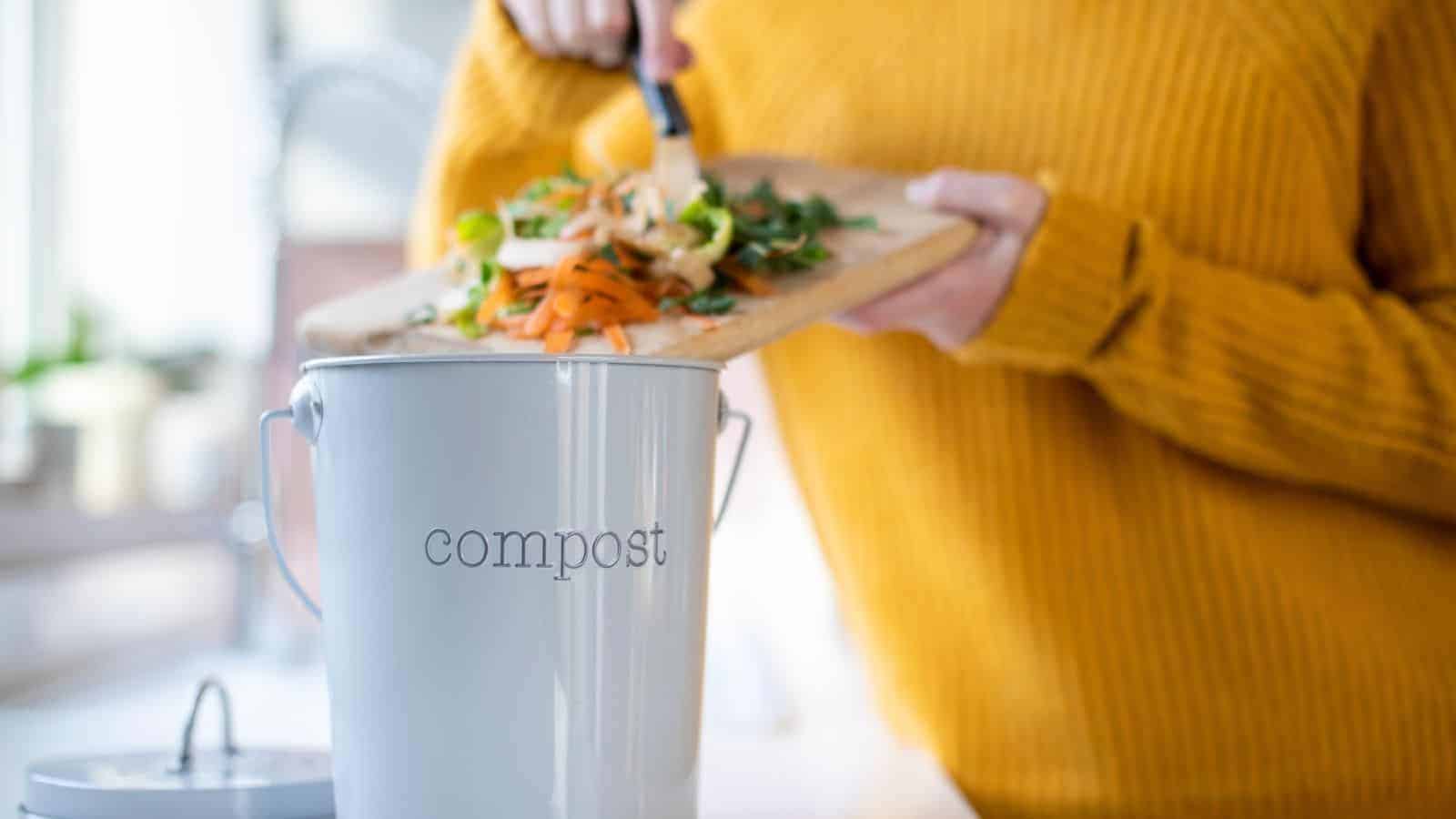
Transforming kitchen scraps and yard waste into nutrient-rich compost not only reduces waste but also enriches your soil, leading to healthier and more abundant harvests. Learning the art of composting empowers you to create a closed-loop system where waste becomes a valuable resource, ensuring your garden thrives even in challenging times.
Rationing
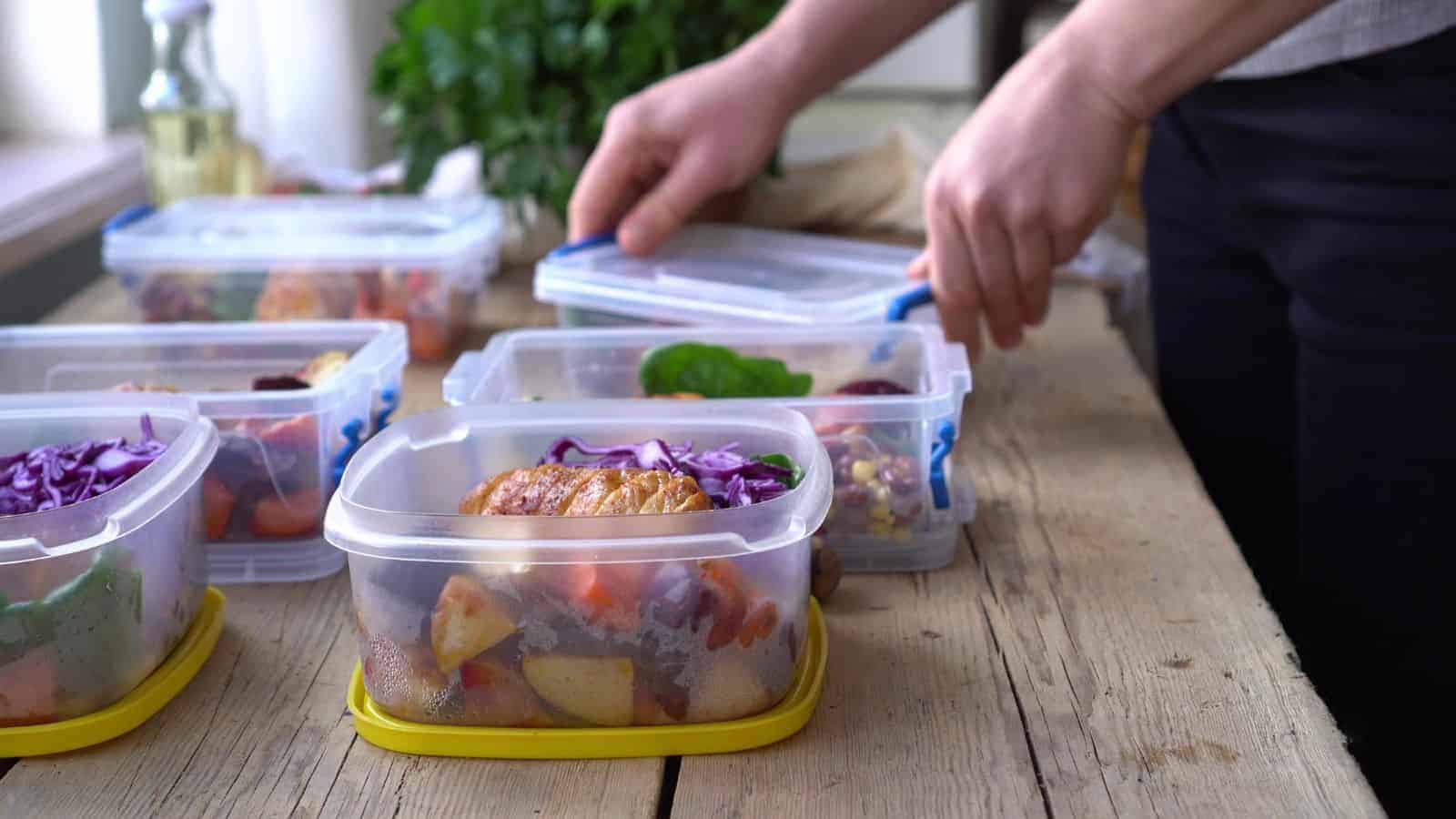
Rationing skills could become your secret weapon against hunger. Learning to stretch your food supply through careful planning, portion control, and creative substitutions ensures that everyone gets their fair share. Mastering the art of rationing means understanding nutritional needs, prioritizing essential items, and avoiding waste.
Dehydrating Foods

By removing moisture from fruits, vegetables, and even meats, you create shelf-stable snacks and ingredients that can be easily rehydrated when needed. Learning to dehydrate reduces food waste and extends your pantry’s lifespan. The World Economic Forum states, “Preserving goods could help reduce the 931 million tonnes of food worldwide that goes wasted each year.”
Predicting Weather
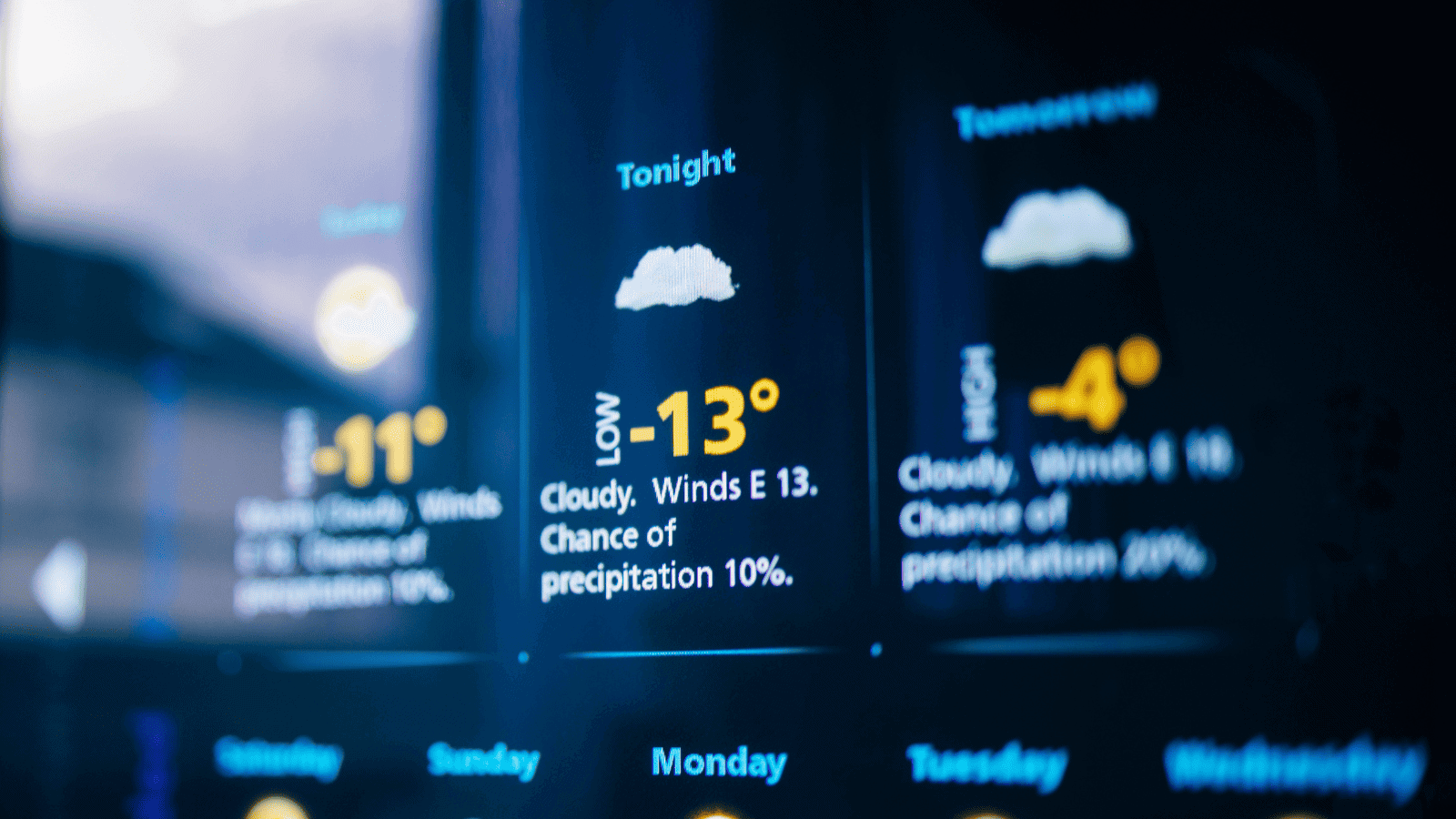
The ability to read the signs of the weather and predict what’s coming is a valuable asset that would help with knowing when to forage, harvest, protect the livestock, predict potential prey patterns, and much more. Being attuned to the weather is essential for anyone who wants to grow their own food and be more sustainable.
Fermenting
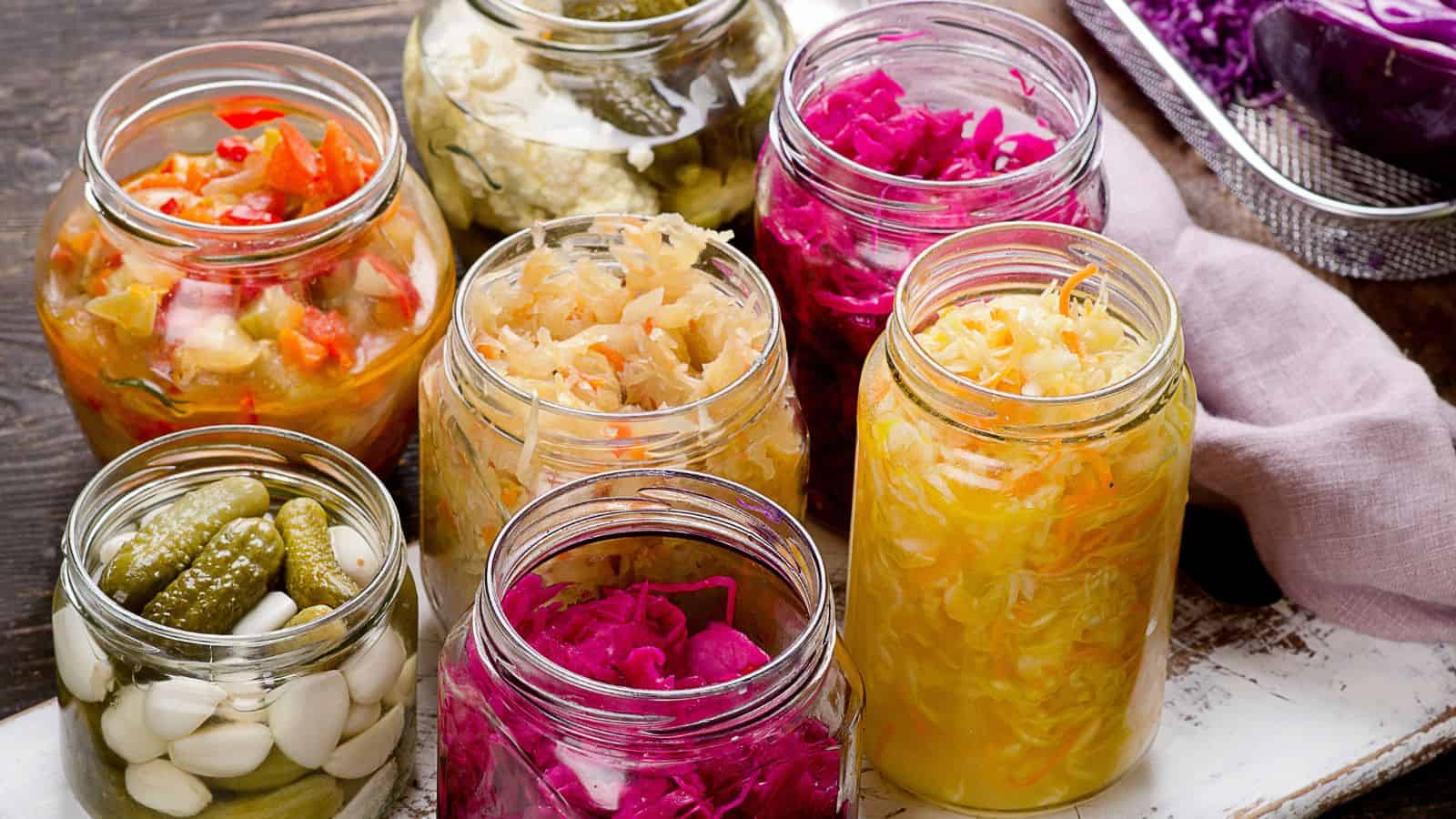
The ancient art of fermentation becomes a culinary superpower. This simple process transforms ordinary vegetables into probiotic powerhouses, extending their shelf life and boosting their nutritional value. Learning to ferment cabbage into sauerkraut, cucumbers into pickles, or milk into yogurt provides essential gut-friendly bacteria and variety for your meals.
Plant Identification
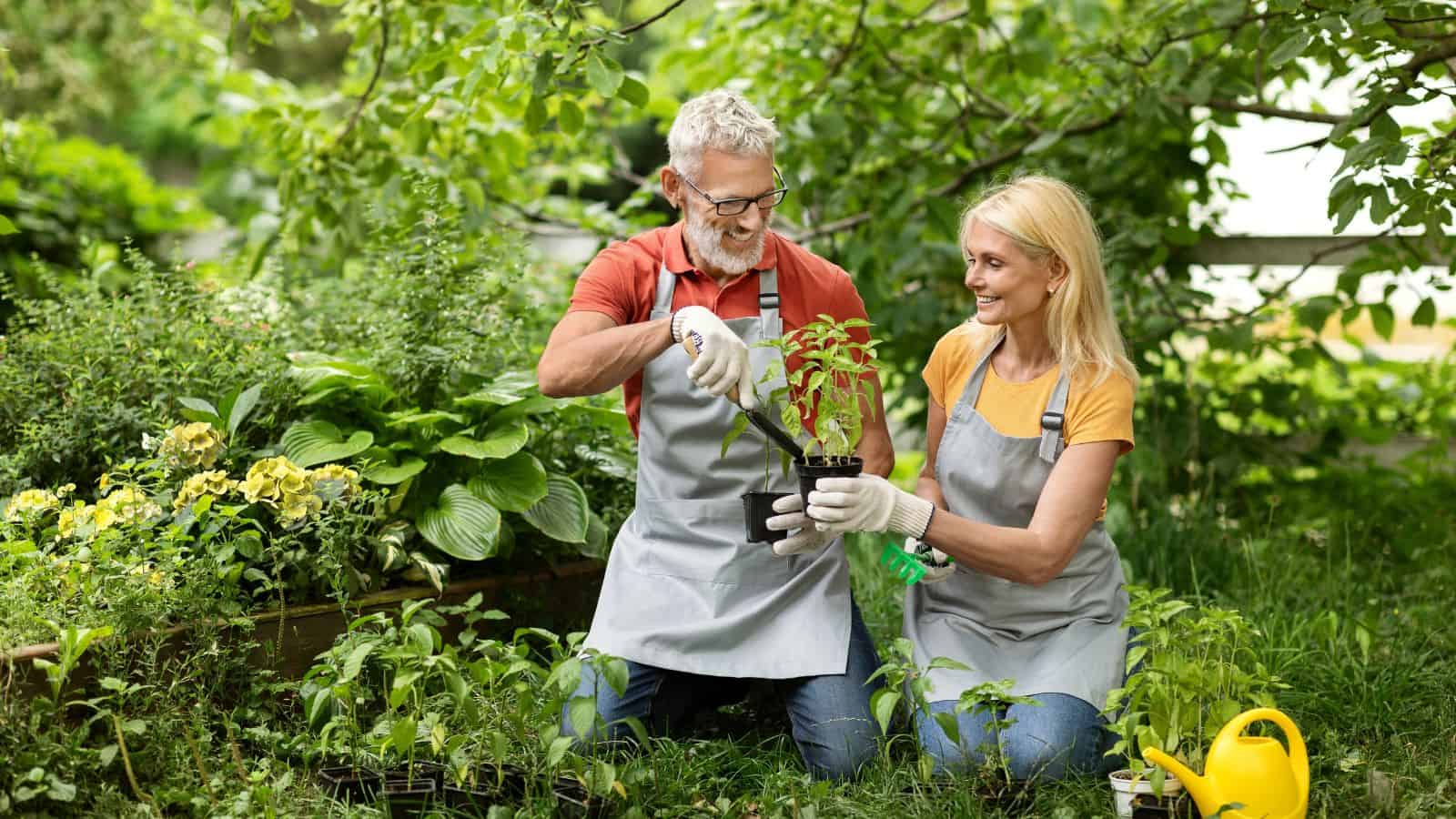
Foragers must be able to distinguish between safe and poisonous plants. Understanding which wild greens, berries, roots, and mushrooms can be safely consumed provides a valuable source of nutrition when conventional food sources are scarce. Eating the wrong plant can have serious and, in some cases, even deadly consequences.
Animal Tracking
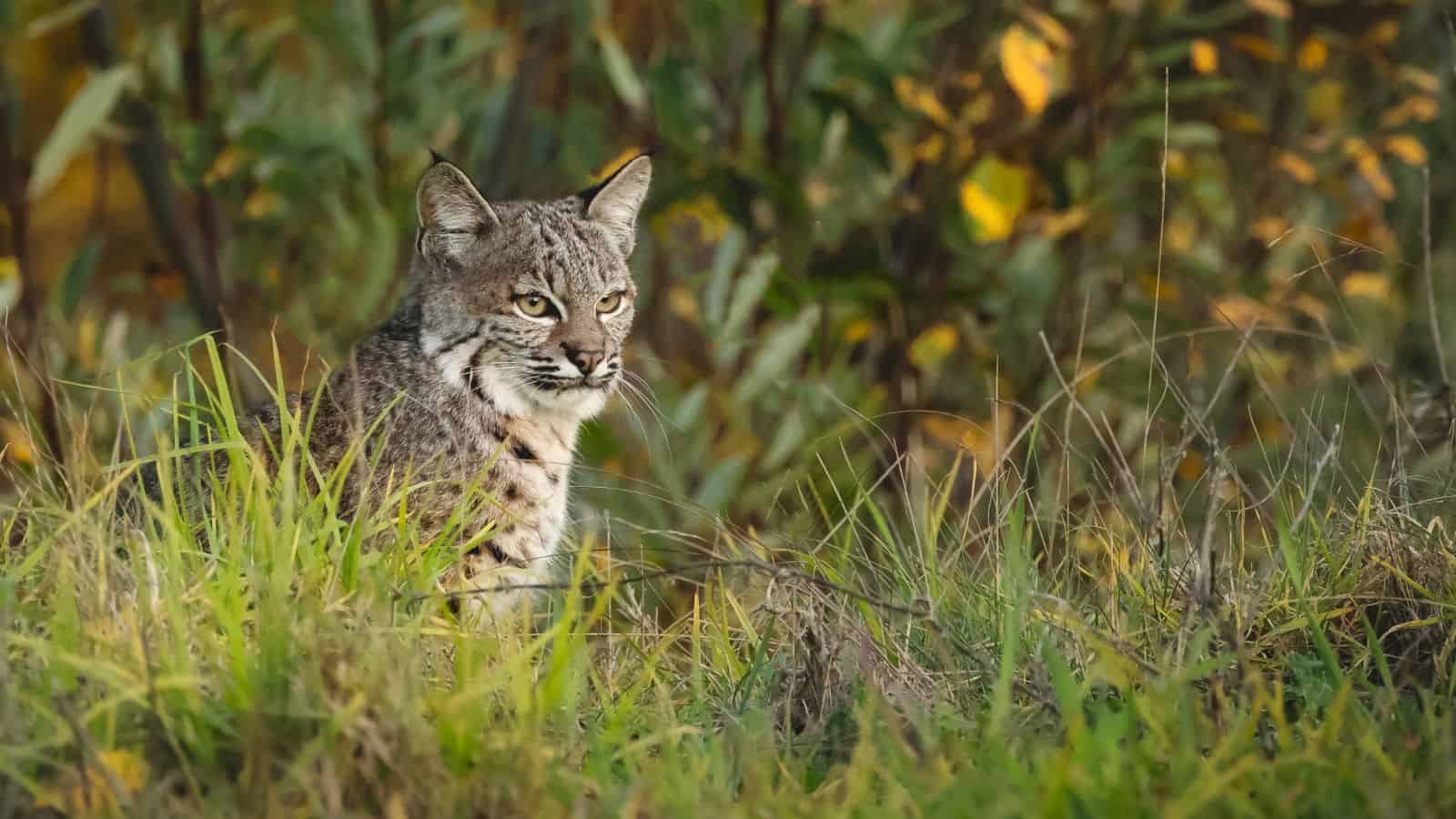
Learning to interpret tracks, scats, and other signs of wildlife presence are essential skills for a successful hunter. Understanding animal behavior and migration patterns can also help predict where and when certain species might be found. While not a skill to be taken lightly, responsible and ethical tracking can provide valuable information and resources in times of need.
Self-Defense

When there are desperate times, there can be desperate needs, and you may need to protect your valuable resources. Learning basic self-defense techniques, such as situational awareness and physical defense maneuvers, can deter potential threats and safeguard your food supply. Also, consider how to keep stocks secure to reduce the allure of theft.
Up Next: 18 Reasons Older Men Say ‘Nope’ To Relationships

Older men embrace being alone and generally prefer spending time in solitude. They’ve had a full, so don’t criticize them for being less social! The following 18 reasons explain why older men prefer to be alone and are redefining how they experience their retirement years.
18 REASONS OLDER MEN SAY ‘NOPE’ TO RELATIONSHIPS
18 Most Dangerous Cities in the World (5 Are in America)

Across the globe, there are many places you don’t want to find yourself because of the crimes waiting to occur. Sometimes, even nature can be cruel to you. This is particularly the case in the following 18 most dangerous cities in the world, five of which are in America!
18 MOST DANGEROUS CITIES IN THE WORLD (5 ARE IN AMERICA)
18 Reasons You Feel Like You Don’t Belong Anywhere

Feeling like you don’t belong anywhere can feel incredibly isolating. We need companionship to keep us connected to the world, so if you’re struggling to form relationships and don’t feel that you don’t fit in, here are 18 reasons why that might be.
